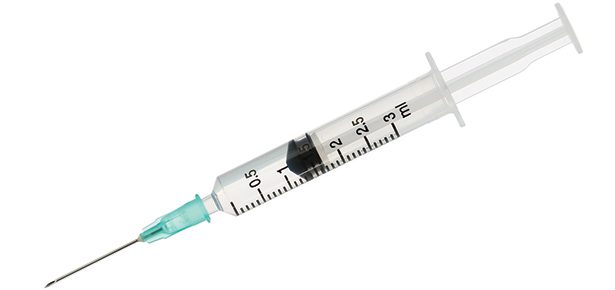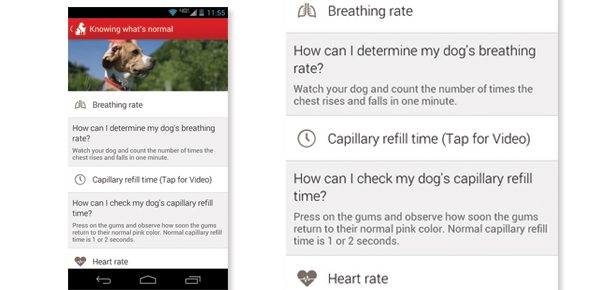

Does Your Dog Have Intestinal Parasites?
Read on to find out!
About 34 percent of shelter dogs and 12 percent of pet dogs in the U.S. have some form of intestinal parasite, with hookworms, roundworms, and whipworms being some of the most frequent offenders. Intestinal parasites are prevalent. Shelter dogs that may not have received routine care from a veterinarian throughout their lives have a higher likelihood of intestinal parasite infections than dogs that are in a forever home, but even cared for pets are burdened with these infections far too frequently. While safeguarding dogs from fleas and ticks is often second nature to pet owners, many are less aware of intestinal parasites, which can be equally damaging to a dog’s health. Some, including hookworms and roundworms, are also zoonotic, meaning they can be passed from pets to humans.
Dogs can inadvertently contract intestinal parasites including roundworms, whipworms and hookworms through ingesting parasite eggs or spores in contaminated soil, sand, water, feces or food. Puppies can also contract these worms from their mother while in utero or during nursing.
Particular Geographies Where Dogs are Most Prone to Parasites in the Summer Months
While these parasites can be contracted in all areas of the United States year round, the summer months tend to be most severe. The warm weather coupled with dogs spending more time outdoors in yards, at parks and at the beach creates endless opportunity for parasites to strike.
Hookworm is especially prevalent in the south and southeastern United States. Roundworm is most frequently found in the Northeast and Midwest, and Whipworm is equally common in the Midwest and West.
How Can Pet Owners Protect their Dogs?
1) Bring a stool sample to your vet for regular screening
A dog that contracts a parasite may be asymptomatic, so the most important step a pet owner can take is bringing pets to the vet for fecal screens at least once a year. The CDC, Companion Animal Parasite Council, and the American Animal Hospital Association all recommend fecal screenings two to four times a year during the first year of a dog’s life and one to two times per year in adult pets. If an owner elects to disregard these recommendations, then experts recommend fecal screenings 2-4 times per year and appropriate deworming for these pets. Still, keep an eye out for certain symptoms which can signal an intestinal parasite. These include vomiting, diarrhea, or weight loss. Upon noticing these symptoms, it’s wisest to head to the vet.
2) Keep your pet’s environment clear of pet waste
Keeping your pet’s environment free of waste helps ensure the best possible health for pets and family members. Hookworm, roundworm and whipworm larvae live in pet stool and can infect pets and humans who come into contact with it. Depending upon the parasite, pets and people become infected by swallowing the larvae, which can be left behind in soil, sand or any other surfaces an infected pet has been or when the larvae penetrate the skin when coming in contact with contaminated soil or sand. This can happen if a child is walking barefoot or playing in an area where dogs or cats have been. Since it takes a few days before the larvae in pet stool are infective, cleaning up after your pet right away avoids the danger of infective larvae being left behind.
3) Parasite control is best recommended by your veterinarian
Your pet should have a regular check up with your veterinarian and parasite screening tests performed at least once a year. Keeping your pet on year-round, broad-spectrum parasite control helps to protect them from these intestinal parasites as well as heartworm disease, fleas and ticks. There are a number of highly effective FDA approved products for the control and prevention of parasitic diseases. Speak to your veterinarian about what products are best for your pet. More information can also be found on the Companion Animal Parasite Council website (www.petsandparasites.org).
Join the newsletter and never miss out on dog content again!
"*" indicates required fields
By clicking the arrow, you agree to our web Terms of Use and Privacy & Cookie Policy. Easy unsubscribe links are provided in every email.





